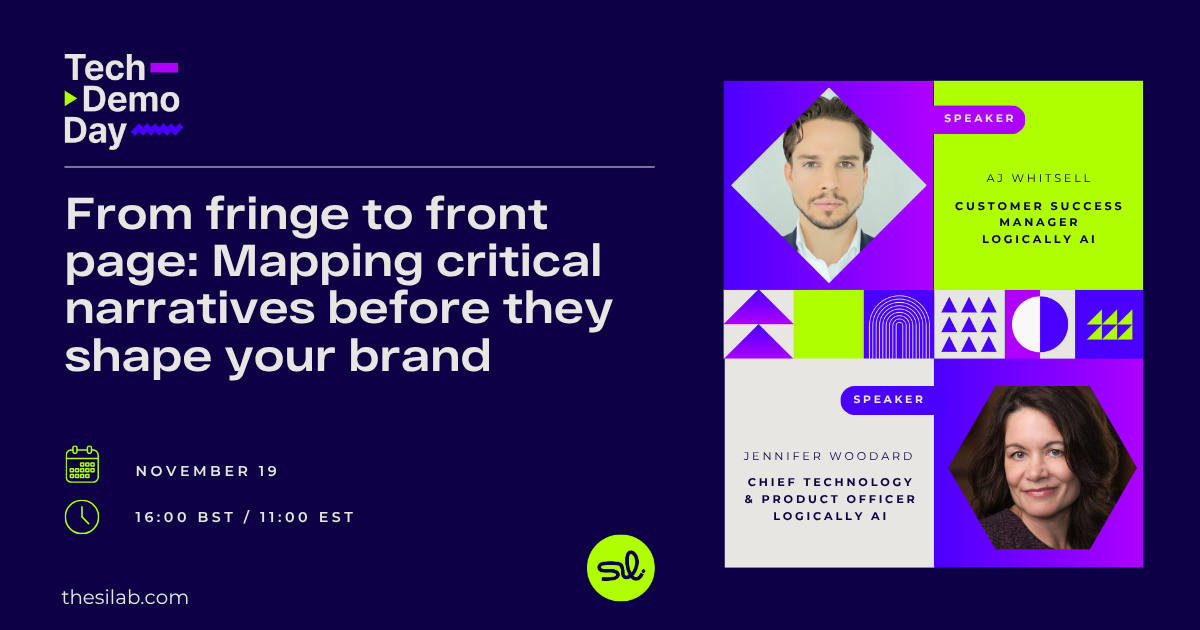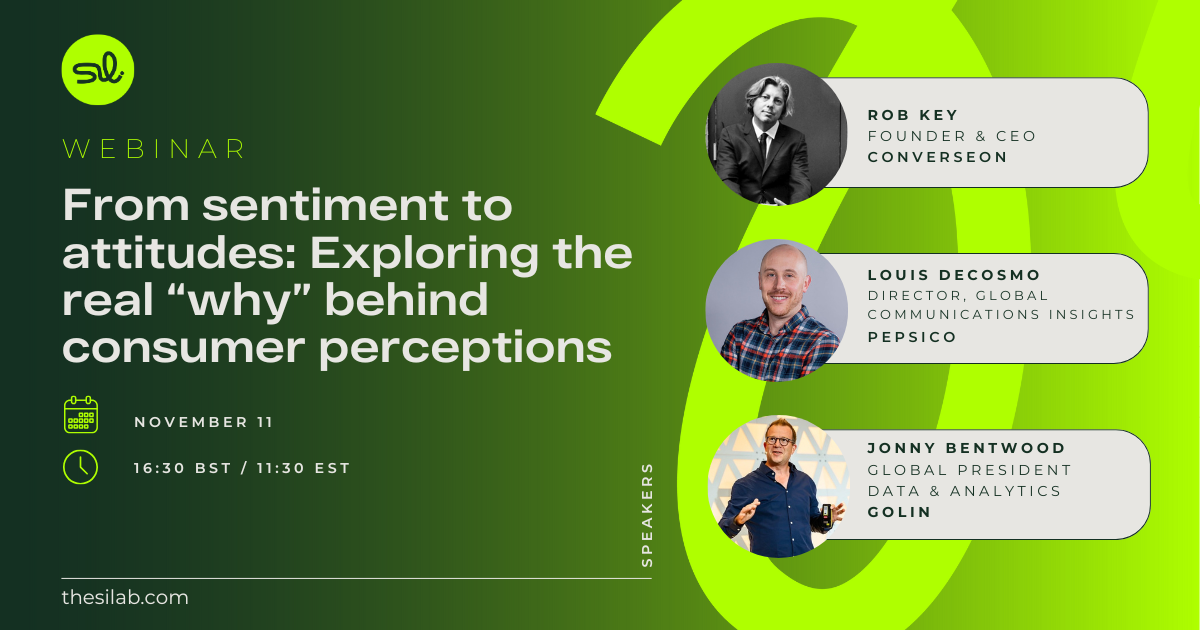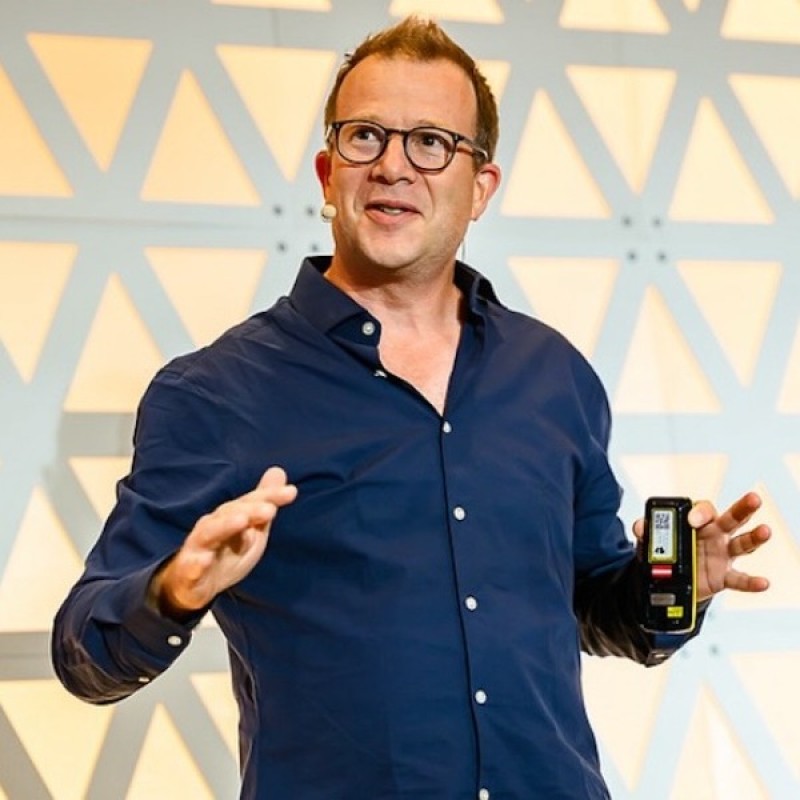
Winning a place in the suitcase: how AXA used digital and social insight to build relevance and engagement
A dream begins…
Let’s imagine for a moment…
The email you’ve been waiting for pings into your inbox. You smile and find yourself humming “I’m leaving, on a jet plane, don’t know when I’ll be back again”. It’s been your dream to work in Hong Kong for years and now it’s happening. New year, new life.
“OK, Google… what do I need to know about moving abroad?”
In the AXA office, in another part of town, another email arrives. This one’s titled ‘International growth strategy - planning meeting’. Another big challenge – a different side of the same coin.
AXA's Global Healthcare team knows better than most how important it is to have the right medical cover when moving abroad, but it’s audience often don’t (especially those used to the NHS). So, if it was going to grow its market share (without crazy advertising budgets) it would need to be smart about building awareness and action.
However, it faced a big challenge: this is a hard to reach, transient audience, one that’s not engaged with AXA or its products). So, how do you find and interest them – in this busy and exciting moment of their life? AXA knew they had to go on their own journey and expand their own horizons. So they chose Social Insight as their travel companion.
The golden compass….
The guiding light throughout the project was AXA's desire to step into the shoes of its audience - those people about to move abroad. To find them, get close to them, and understand what really matters to them.
They had the usual expat information, but the same old dry facts weren’t going to cut it this time.
They needed a more person-centered view, one that understood the digital journeys people go on when looking to move abroad. Insights that told them: what do people 'ask' for, what do they find, and where do they go? What does this tell us about their needs, thoughts, feelings, and how to engage with them?
The answers would help optimize their channel strategy and marketing spend to reach the right people, at the right time, in the right way.
Seeing what they see…
It’s been a dream of researchers for years, to be able to observe, without interfering. To watch and learn without biasing.
Thankfully we now can, by combining search and social data, to give us an observed view of the digital journey.
First stop, Google.
Google search data lets us see what people actually look for, and the links they’re most likely to click on. This helps us map out the most common digital journeys people go on when they want advice about moving abroad.
Search links to information (think Home Office travel advice or Visa application websites), and it’ll also take you to dedicated forums. People start reading the information that’s out there, then turn to forums to see what it all means, how it applies to them, get answers to specific questions, and work out what to do next.
Next stop social...
Using search data and social listening tools we mapped out the social space dedicated to helping people move countries (i.e. the aptly named Expatforum.com, Britishexpats.com or Expatwoman.com). We found a lively and vibrant discussion, full of rich detail about the experience of moving.
Combining the results of this digital journey mapping showed us what people look for, where they end up, and what the needs and motivations are behind their journey. It also lets us see where the commonalities were across each market and what was unique.
Hearing what matters…
Having mapped out these digital journeys, now it was time to see how Social Media helped people fill in the gaps.
We dove deep. We listened to thousands of conversations, across five markets and unpicked what was important to people before they moved. Their needs, worries, motivations, frustrations.
This is one of the most powerful applications of Social Insight - how it teaches us about the hearts and minds of an audience. It lets you discover the meaning in the data, making sense of the social conversation.
We read each comment to understand the full range of human experiences. The feelings, the things that keep people awake at night. What matters most to them – when taking this leap in the unknown.
We then compared this across the different markets. Not with vague word-clouds or a few random Tweets. But in a detailed, fully evidenced way that enabled proper decision making.
We then brought this to life for AXA, showed the opportunities and how to realize them. From the channels to choose, the products to offer, and the words to use. We showed them how to find the right people in the right place, at the right time, and how to connect with them in the right way.
From insight to strategy, attention to conversion
Social media connects you with your warmer prospects; groups of people who are active and interested in your category.
Using Social Insights helped AXA think differently about how it talks to people moving abroad (notice we’re not banging on about Expats anymore…?).
It’s led to big improvements in the ROI AXA gets from digital advertising: targeting people earlier in their decision-making process and with messaging more aligned with their needs has created:
- A 12.5 % increase YOY in quotes from display since launching the campaign.
- A 16% reduction in the Cost per Lead (compared with before the campaign).
It’s changed the way AXA thinks about and talks to its prospects: giving them a new language and conversation.
- AXA changed its call scripts (not something done lightly) so its agents can be more empathetic and personalized. To know how to ask the right, open, questions; what to say or not say; to build a relationship with the caller.
- They changed the structure of the conversation, e.g. they now lead by sharing tips ‘people like you find this useful'. Although people see their situation as unique, they also want to feel like they’re not alone and to use the decisions of the herd to reassure of their choices.
- AXA has also changed its sales brochures to show more stories of people’s experiences – because people want to hear from people in similar situations, like them.
AXA also changed its website, paid search and content.
- For example, they learned that people moving abroad don’t always identify as an ex-pat. So they’ve shifted its product language from ‘ex-pat health insurance’ to ‘international health insurance.
- This work continues to support a number of different workstreams, from refreshing the sales inquiry process, through to PR and comms in each market, and continues to provide the insight backbone to their marketing strategy.
This interview was recorded via LinkedIn Live, if you prefer to view on LinkedIn, click the button below.
View InterviewSee related content
.png)









